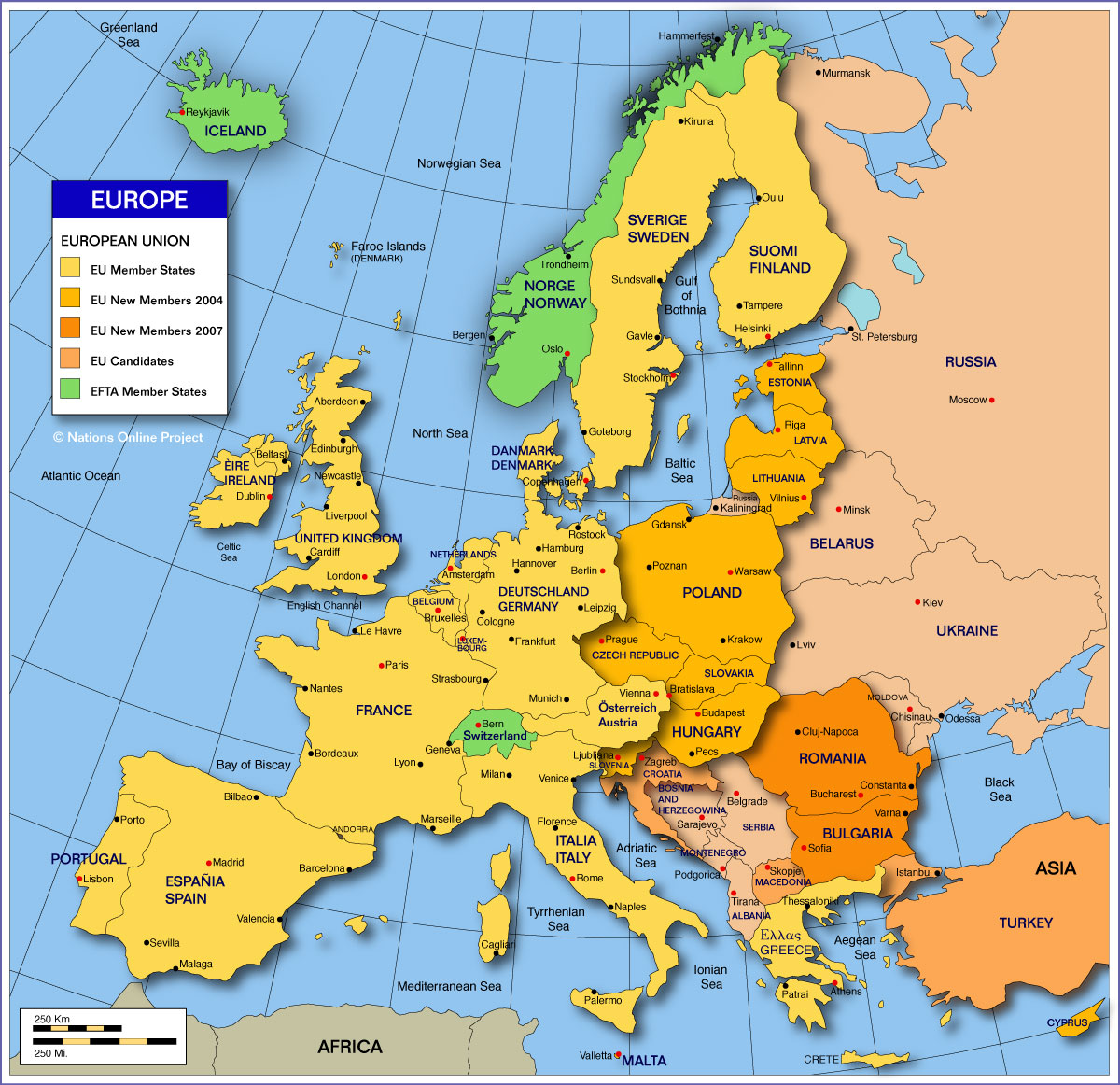 It may turn out that the great barrier to austerity and spending cuts in debt-ridden European nations may not be politicians. People who fear a cut in their standard of living are taking to the streets.
It may turn out that the great barrier to austerity and spending cuts in debt-ridden European nations may not be politicians. People who fear a cut in their standard of living are taking to the streets.
The timing of strikes by unions and other workers is often inconvenient. Portuguese bonds are being sold off as the global capital markets believe that it will be the next victim of the contagion which has already floored Ireland and Greece. Portugal’s borrowing costs have spiked up to a rate that may be unsustainable as it raises money to offset deficits.
As Portugal tries to convince the world of its economic viability, protesters have begun to clog the nation’s cities. The “Greve Geral”, or general strike, called by the General Confederation of the Portuguese Workers (CGTP) and the General Union of Workers (UGT) has begun. The size of the work stoppage may be unprecedented and one of its aims is to stop air travel in and out of the country.
The trouble in Portugal must make leaders in Ireland shutter. There is already a sign the minority parties will try to build a coalition which will work against Ireland’s $20.5 billion in budget cuts over three years.
The nation’s voters may be successful where politicians are not now. They may vote the majority out of office early next year and replace them with legislators who will refuse the aid package from the EU and IMF. In the meantime, they could take the lessons from Portugal, Greece, and Spain which are that strikes not only get the attention of their governments, but also have the effect of damaging GDP. Political leaders are faced with the prospect that austerity means little without the economic growth that will help drive up tax receipts.
Portugal is in the midst of lobbying for its financial future. Ironically that lobbying could be undermined by a population the government cannot control and which voted them into office in the first place.
Douglas A. McIntyre
It’s Your Money, Your Future—Own It (sponsor)
Are you ahead, or behind on retirement? For families with more than $500,000 saved for retirement, finding a financial advisor who puts your interest first can be the difference, and today it’s easier than ever. SmartAsset’s free tool matches you with up to three fiduciary financial advisors who serve your area in minutes. Each advisor has been carefully vetted and must act in your best interests. Start your search now.
If you’ve saved and built a substantial nest egg for you and your family, don’t delay; get started right here and help your retirement dreams become a retirement reality.
Thank you for reading! Have some feedback for us?
Contact the 24/7 Wall St. editorial team.





